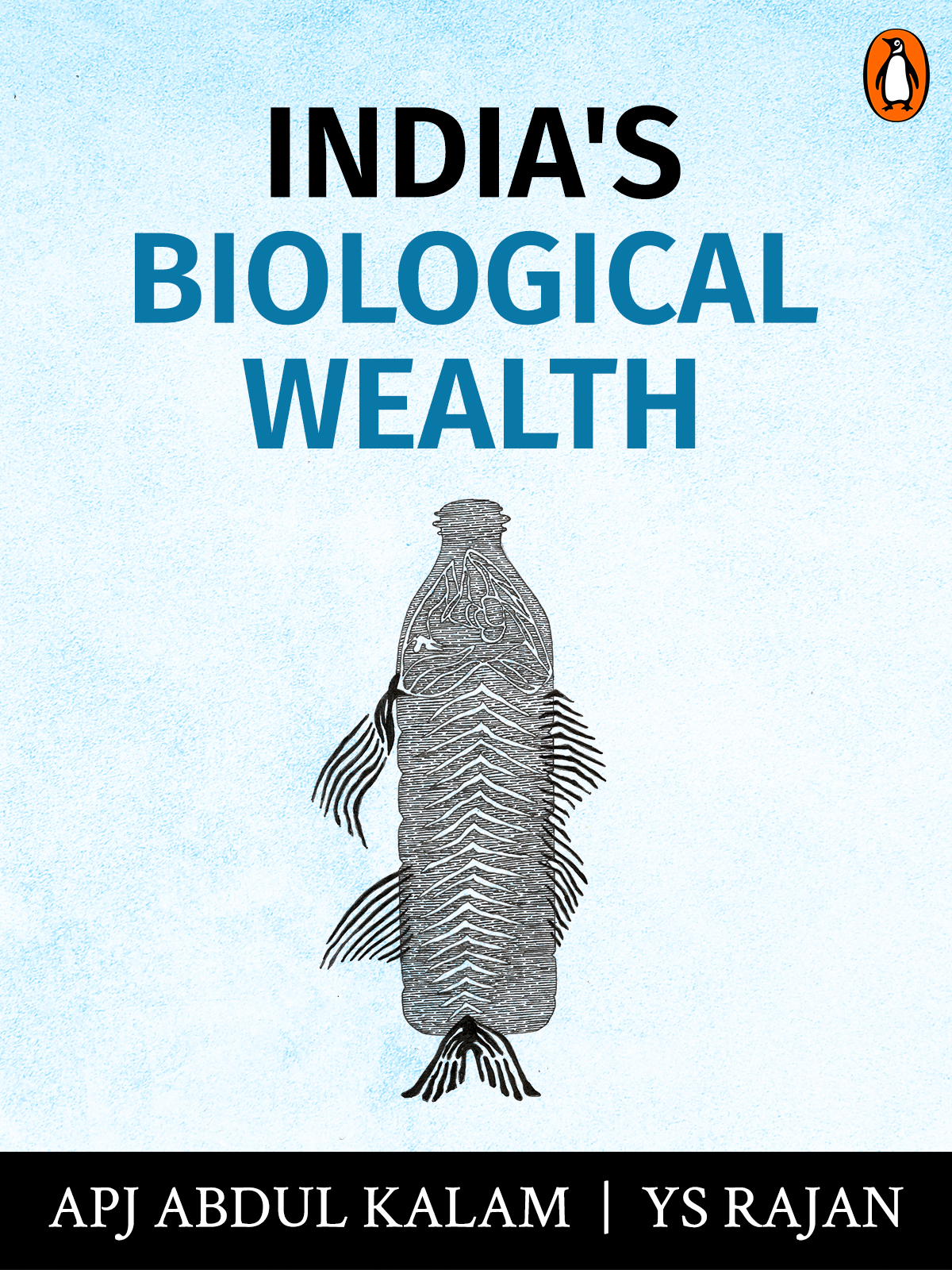
The use of chemicals and chemical products affects our lives in several ways. Fertilizers, pesticides, drugs and pharmaceuticals, petrol, diesel, natural gas and plastics have become an essential part of modern living. And while modern chemical engineering facilitates comfort and tools that improve the quality of life, the manufacturing of these chemicals brings with it the challenge of ensuring a clean and healthy environment.
Despite remarkable growth and diversification of the chemical industry, our technological strengths in process design and engineering have been poor, depending instead on imported technologies. The target for Indian industries and institutions should be to achieve their own, clean processing technology with total recycling and recovery. Are we capable of rising up to the challenge?
A.P.J. Abdul Kalam and Y.S. Rajan explore these questions—and offer answers—in India’s Biological Wealth.
Imprint: Penguin
Published: Nov/2018
Length : 20 Pages
MRP : ₹15.00
The Constitution of India came into effect on 26th January, 1950. As we celebrate India’s 72nd Republic Day, let’s dig deeper to understand the journey till this day in 1950, and our journey since then. Here is a list of books from various authors, including Abhinav Chandrachud, Ramachandra Guha, Khushwant Singh, Sagarika Ghosh, K.R. Narayanan […]
